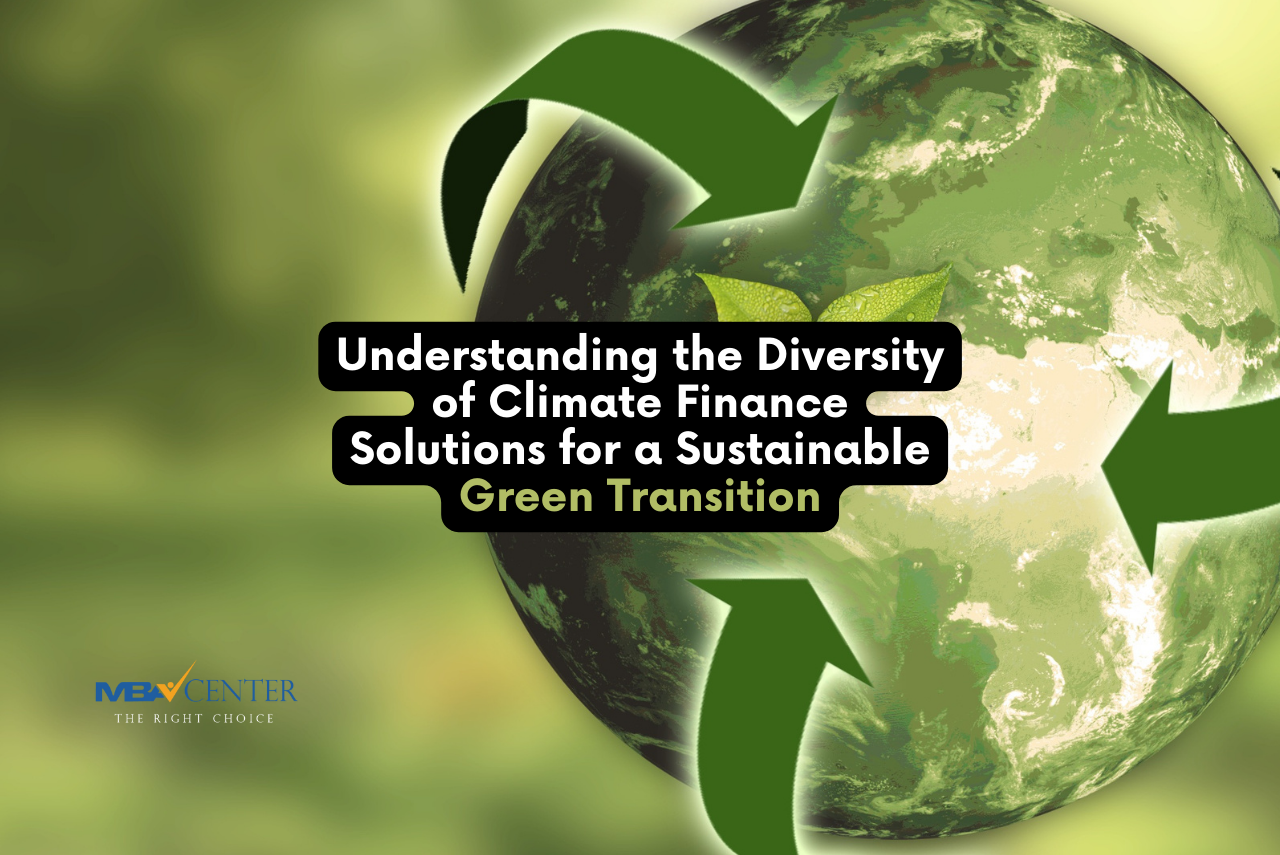
Climate change is one of the most significant challenges of our time, and addressing it requires urgent and sustained action. As countries aim to reduce their carbon emissions, transition to renewable energy, and implement sustainable practices, financing these efforts is crucial. However, there is no one-size-fits-all solution to climate finance, and the diversity of approaches needed to tackle the challenge is extensive.
One approach is to attract more private investments toward sustainable projects. This is known as sustainable finance, which includes various types of financial products that align with environmental, social, and governance criteria. It includes green bonds, which raise capital for environmentally-friendly projects, and sustainability-linked loans, which offer lower interest rates for borrowers who achieve certain sustainability targets.
Another approach is to establish public financing mechanisms such as subsidies and grants for climate-friendly investments. These types of financing mechanisms can be particularly useful for renewable energy projects, which may face higher upfront costs than conventional energy sources.
Moreover, multilateral development banks can play a critical role in mobilizing finance for climate change mitigation and adaptation projects, particularly in developing countries. These banks provide loans and grants, technical assistance, and other forms of financial support for sustainable development initiatives. They can also collaborate with private sector investors and governments to develop innovative financial solutions to tackle climate change.
However, the effectiveness of climate finance solutions depends on several factors, including political will, regulatory frameworks, and market demand. Policymakers must create enabling environments that encourage private investment, support public financing mechanisms, and facilitate multilateral cooperation to tackle climate change.
In conclusion, the challenge of climate change requires a multifaceted approach that incorporates a variety of climate finance solutions. Sustainable finance initiatives can provide critical support to companies and investors who are prioritizing sustainability. For instance, by offering incentives such as lower interest rates or access to a larger pool of capital, sustainable finance can help accelerate the transition to a low-carbon economy. Moreover, public financing mechanisms, such as grants, subsidies, and tax incentives, can support research and development, capacity building, and the deployment of clean technologies. They can also facilitate the development of new markets and provide direct financial support to those who need it most, such as low-income households and small businesses.
To achieve the necessary change, it is essential to create enabling environments that support innovative financing mechanisms, encourage investment, and ensure that market forces are harnessed to deliver sustainable growth. This involves creating regulatory frameworks that incentivize sustainable investment, encouraging collaboration between governments, the private sector, and civil society, and fostering a culture of innovation that encourages the development of new financial instruments and approaches. Only by working together across sectors and geographies can we hope to mobilize the necessary resources and achieve the scale of action needed to address the urgent challenge of climate change.
Also read: Setting New Standards for Excellence, IESE MBA Program Ranks No.3 in the World
 MBA Center Global
MBA Center Global 
























